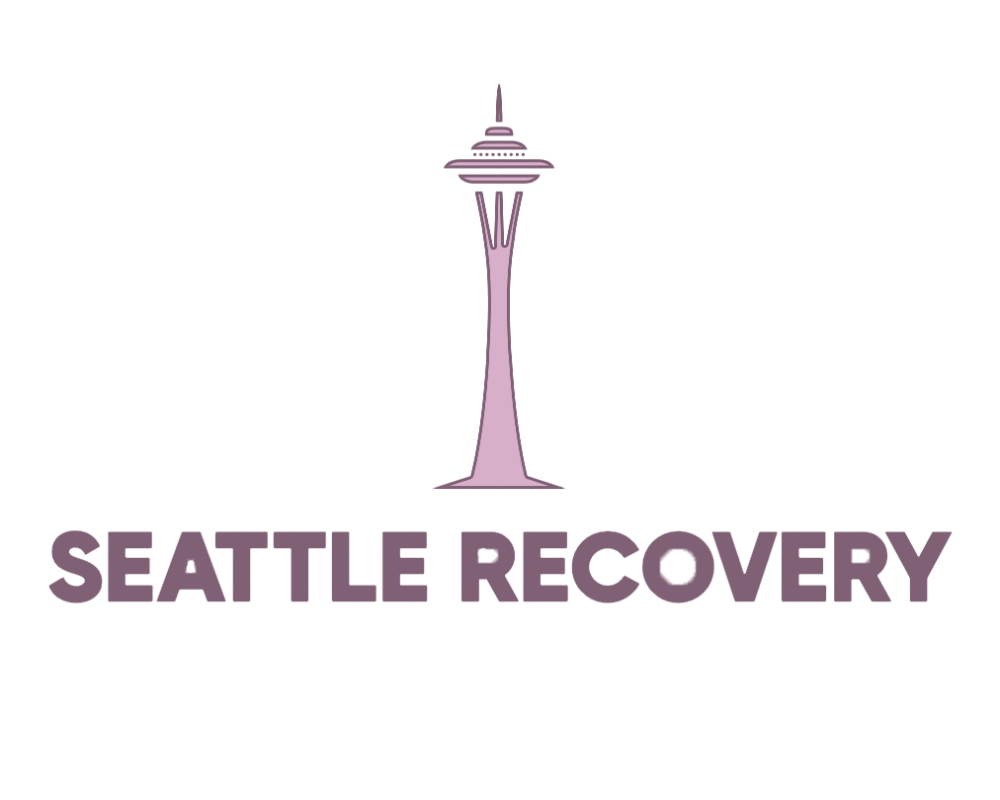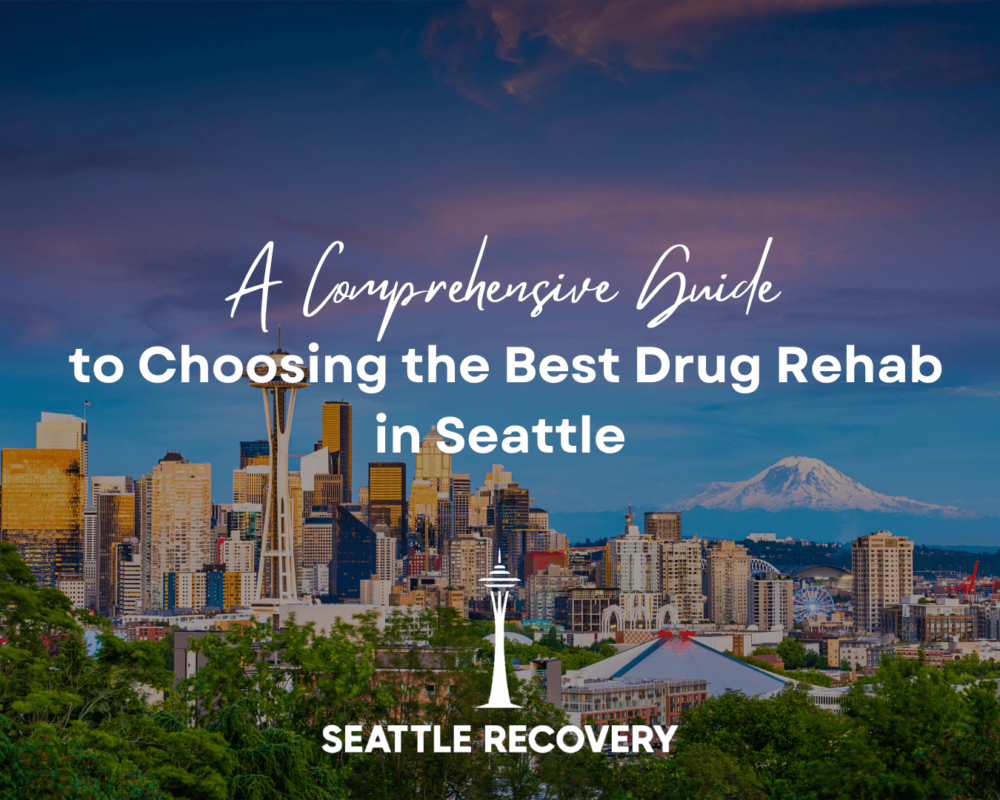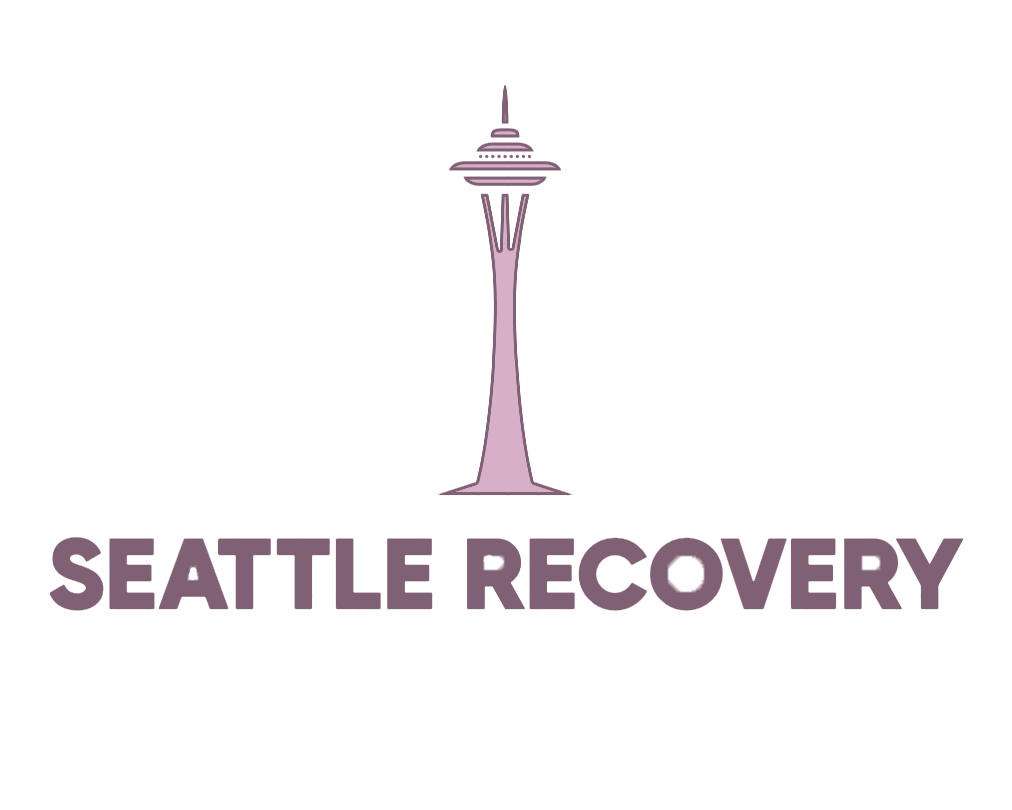Choosing the best drug rehab in Seattle is a critical decision that can shape the path toward recovery. At Seattle Recovery, we understand the emotional weight and responsibility that come with making this choice. After all, it’s about finding the right environment where you or your loved one can heal, grow, and ultimately reclaim a life free from addiction.
With countless rehab centers to choose from in the Seattle area, the process can quickly become overwhelming. Each facility has its own strengths, but how do you know which one will meet your specific needs? That’s why we’ve created this comprehensive guide — to simplify the search and help you make an informed decision. Our goal is to empower you with the knowledge necessary to select the best drug rehab in Seattle and set yourself or your loved one up for long-term success.
1. Understanding the Different Types of Drug Rehab Programs
Before diving into specific factors, it’s essential to understand the various types of drug rehab programs available in Seattle. Choosing the best drug rehab in Seattle will largely depend on the type of care you or your loved one requires. Here are the main options:
Inpatient (Residential) Treatment
Inpatient or residential rehab is one of the most intensive forms of addiction treatment. Patients live at the facility full-time, receiving 24/7 care and support. This program is ideal for those with severe addictions or those who need a controlled environment to help reduce the risk of relapse.
Inpatient treatment typically lasts 30 to 90 days, but longer programs (120 days or more) are available for those who require extended care. One of the key benefits of inpatient rehab is the immersive environment, where distractions and triggers from the outside world are minimized, allowing individuals to focus solely on recovery.
At Seattle Recovery, we offer personalized inpatient programs that provide a holistic approach to treatment, addressing the physical, emotional, and psychological aspects of addiction.
Outpatient Treatment
Outpatient rehab is a more flexible option, where patients attend therapy sessions and treatment programs during the day but return home afterward. This type of treatment is beneficial for individuals who have work, school, or family obligations and cannot commit to full-time inpatient care.
Outpatient programs come in various forms, including:
- Partial Hospitalization Programs (PHP): A structured program that offers intensive care similar to inpatient treatment but allows the patient to live at home.
- Intensive Outpatient Programs (IOP): Designed for individuals who need more support than standard outpatient care but less than inpatient treatment. IOPs typically meet multiple times per week.
While outpatient programs provide more flexibility, they also require a strong support system at home to ensure the individual can maintain sobriety. The best drug rehab in Seattle should offer a range of outpatient services to meet different levels of need.
Medical Detox Services
Detoxification (detox) is the process of clearing drugs or alcohol from the body. This is often the first step in the recovery process and is crucial for managing withdrawal symptoms safely. A medically supervised detox ensures that individuals are monitored 24/7 by healthcare professionals who can provide necessary medications and support.
Detox can be physically and emotionally challenging, and it’s important to choose a rehab center that offers comprehensive detox services as part of its treatment programs. At Seattle Recovery, we provide safe, compassionate detox services to help our clients begin their recovery journey on the right foot.
Dual Diagnosis Programs
Many individuals struggling with addiction also face underlying mental health disorders such as depression, anxiety, or PTSD. This is known as a dual diagnosis, and treating both the addiction and the mental health issue simultaneously is crucial for long-term recovery. The best drug rehab in Seattle will offer integrated treatment plans that address both conditions.
At Seattle Recovery, we specialize in dual diagnosis treatment, recognizing that a holistic approach is essential for those facing co-occurring disorders. Our team of mental health professionals and addiction specialists works together to create a personalized treatment plan that addresses both issues comprehensively.
2. What to Look for in a Drug Rehab Facility
Selecting the best drug rehab in Seattle involves more than just choosing a type of program. The quality of care, staff qualifications, and treatment philosophy all play an important role. Here’s a breakdown of the key features to consider when evaluating different rehab centers:
Qualified, Experienced Staff
A rehab facility is only as strong as its staff. The best drug rehab in Seattle will employ a team of experienced, licensed professionals who specialize in addiction treatment. Look for staff credentials such as:
- Licensed Chemical Dependency Counselor (LCDC)
- Certified Addiction Specialist (CAS)
- Licensed Clinical Social Worker (LCSW)
- Psychiatrists and psychologists with experience in addiction treatment
At Seattle Recovery, we pride ourselves on having a team of highly qualified professionals, including addiction counselors, medical doctors, therapists, and holistic practitioners. Our staff is passionate about helping clients achieve recovery, and they bring years of experience to the table.
Personalized Treatment Plans
Recovery is a deeply personal journey, and no two individuals are the same. Therefore, the best drug rehab in Seattle will offer personalized treatment plans tailored to each client’s unique needs. A quality rehab center will take into account factors such as:
- The substance of abuse
- Length and severity of addiction
- Co-occurring mental health disorders (dual diagnosis)
- Family dynamics
- Cultural or personal beliefs
At Seattle Recovery, we work closely with each client to develop a customized treatment plan that addresses their specific challenges and goals. This individualized approach ensures that the treatment is not only effective but also resonates with the client on a personal level.
Evidence-Based Therapies
While holistic treatments and alternative therapies can be incredibly beneficial (more on that below), it’s essential that the best drug rehab in Seattle also uses evidence-based therapies that are scientifically proven to treat addiction. Some of the most effective treatment modalities include:
- Cognitive Behavioral Therapy (CBT): Helps individuals identify and change harmful thought patterns that contribute to addiction.
- Dialectical Behavior Therapy (DBT): Focuses on teaching coping skills, emotional regulation, and mindfulness.
- Motivational Interviewing (MI): A client-centered approach that helps individuals find their internal motivation to change.
These therapies have been proven to help individuals recover from addiction and develop healthier, more positive behaviors.
3. Location and Setting: Why Seattle Is an Ideal Place for Recovery
Seattle offers a unique and inspiring environment for those seeking addiction treatment. Surrounded by stunning natural beauty, the city provides the perfect backdrop for healing and self-reflection. Whether you prefer the calm waters of Puget Sound, the towering evergreens, or the nearby mountain ranges, nature plays a significant role in the recovery process.
Seattle also offers a range of wellness resources, such as yoga studios, meditation centers, and holistic health clinics. Many rehab centers in Seattle, including Seattle Recovery, incorporate outdoor activities like hiking, kayaking, and meditative nature walks as part of the treatment program. These activities encourage mindfulness and help individuals reconnect with themselves in a peaceful setting.
When choosing the best drug rehab in Seattle, consider whether the facility’s location and environment will promote healing. Does it offer easy access to nature? Is it close to local support networks or far enough removed to minimize distractions? The right setting can make a world of difference in your recovery experience.
4. Important Questions to Ask When Evaluating a Rehab Center
Selecting the best drug rehab in Seattle requires asking the right questions during your evaluation. Whether you’re speaking with the admissions team, staff members, or reviewing the website, make sure you have answers to these crucial questions:
- What specific treatment modalities are used?
It’s essential to know whether the facility uses evidence-based therapies like CBT or DBT and whether it offers holistic treatments. - What are the staff qualifications?
Inquire about the credentials of therapists, counselors, and medical professionals to ensure they have the expertise needed to treat addiction effectively. - How is the treatment program structured?
Ask about the daily schedule, therapy types, and whether programs are tailored to individual needs. - What’s the patient-to-staff ratio?
A low patient-to-staff ratio ensures that clients receive personalized attention and care. - What aftercare support is provided?
Recovery doesn’t end when treatment does. Make sure the facility offers a solid aftercare plan, including support groups, outpatient programs, or connections to sober living homes. - Does the facility offer family therapy?
Addiction affects the entire family, so it’s crucial to involve loved ones in the treatment process.
At Seattle Recovery, we encourage prospective clients and their families to ask as many questions as they need. Transparency is vital, and we’re always happy to provide detailed answers to help you make an informed decision.

5. Why Accreditation and Licensing Matter
Accreditation and licensing are critical factors to consider when choosing the best drug rehab in Seattle. Facilities that are accredited by reputable organizations have undergone rigorous evaluations to ensure they meet high standards of care. Accreditation from bodies like the Joint Commission or CARF (Commission on Accreditation of Rehabilitation Facilities) is a sign that the rehab center adheres to best practices in addiction treatment.
Similarly, make sure the facility is licensed by the state and its staff members hold up-to-date licenses. You want to ensure that the treatment you receive is provided by qualified professionals who are held accountable by regulatory agencies.
Seattle Recovery is proud to be fully accredited and licensed, providing our clients with the peace of mind that they are receiving top-tier care.
6. The Role of Holistic and Alternative Therapies in Rehab
While evidence-based therapies form the foundation of addiction treatment, holistic and alternative therapies can provide additional layers of support. Many people find that these treatments help them address the underlying causes of addiction, reduce stress, and develop new coping mechanisms.
Some popular holistic therapies include:
- Yoga and Meditation: These practices promote mindfulness, reduce anxiety, and help individuals reconnect with their bodies.
- Acupuncture: Used to reduce cravings and alleviate withdrawal symptoms.
- Art Therapy: Encourages self-expression and emotional release through creative outlets like painting or drawing.
- Equine Therapy: Involves working with horses to develop emotional awareness and build trust.
At Seattle Recovery, we offer a wide range of holistic treatments to complement our evidence-based programs. We believe that treating the mind, body, and spirit is essential for long-lasting recovery.
7. Insurance and Financing Options
The cost of drug rehab can vary significantly, depending on the level of care and the length of the program. Many individuals are concerned about how to afford treatment, but the good news is that most insurance plans cover at least a portion of rehab costs. Be sure to contact your insurance provider to understand your coverage options, or ask the rehab center if they can verify your benefits.
Some questions to ask include:
- Does my insurance cover inpatient or outpatient treatment?
- What percentage of the treatment costs will my insurance cover?
- Are there any out-of-pocket expenses I should expect?
For those without insurance, many facilities offer sliding scale fees or payment plans. At Seattle Recovery, we work with various insurance providers and offer flexible payment options to ensure that cost is not a barrier to getting the help you need.
8. Success Rates and Testimonials: Why Reputation Matters
One of the best ways to gauge the quality of a rehab center is by reading testimonials and success stories from former clients. While every person’s journey is unique, hearing about others’ experiences can give you a sense of what to expect.
The best drug rehab in Seattle will have a strong track record of success, and they should be transparent about their outcomes. Look for:
- Positive testimonials from clients and their families
- Success rates that indicate a high level of long-term sobriety
- Case studies or client stories that demonstrate how the facility has helped individuals overcome addiction
At Seattle Recovery, we are proud of the many clients who have successfully completed our programs and gone on to live sober, fulfilling lives. We encourage prospective clients to read through our testimonials and see how our personalized approach has helped others on their path to recovery.
9. The Final Decision: How to Choose the Best Drug Rehab in Seattle
Choosing the best drug rehab in Seattle is a life-changing decision that can pave the way for a new chapter of health, peace, and fulfillment. Take the time to research your options, ask critical questions, and trust your instincts. The right facility will offer the personalized care, support, and guidance needed to help you or your loved one overcome addiction and achieve long-term sobriety.
At Seattle Recovery, we are committed to providing compassionate, evidence-based treatment in a nurturing environment. Whether you’re seeking inpatient care, outpatient support, or dual diagnosis treatment, we have the expertise and resources to help you succeed.
FAQs
1. What should I pack for an inpatient rehab stay?
Pack comfortable clothing, personal hygiene items, prescribed medications, and any necessary identification documents. Most rehab centers provide a packing list, so be sure to ask for specifics.
2. Can I visit my loved one during their treatment?
Visitation policies vary by facility. At Seattle Recovery, we encourage family involvement and offer structured visitation times as part of our treatment programs.
3. How long does it take to complete a rehab program?
The length of a rehab program can vary depending on individual needs. Most programs last 30 to 90 days, though longer stays may be necessary for severe cases.
4. Will rehab cure my addiction?
Addiction is a chronic condition, but rehab provides the tools and support necessary for long-term recovery. While there is no “cure,” many individuals go on to live healthy, sober lives with the help of rehab.
5. Does insurance cover drug rehab?
Many insurance plans cover some or all of the costs of drug rehab. Be sure to check with your provider and the rehab center to confirm coverage and any out-of-pocket expenses.
Final Thoughts
Finding the best drug rehab in Seattle can be overwhelming, but with the right information and guidance, you can make a decision that sets the stage for lasting recovery. Whether you’re considering inpatient, outpatient, or dual diagnosis treatment, it’s essential to choose a facility that meets your unique needs. At Seattle Recovery, we’re here to help you every step of the way.
Ready to take the first step toward recovery? Contact Seattle Recovery today, and let us guide you on the path to a brighter, healthier future. For more information visit our website https://seattlerecovery.org/ or call us at (206) 231-0252.







